“You have breast cancer.” Kristel heard those words on September 6, 2018. Now 49, she has lived for nearly twenty years in Okotoks, Canada. “And then you have to tell your family in Belgium through a computer screen.” The treatment was tough, but Kristel is grateful she could count on support from both her Canadian and Belgian networks. “My mom and sister sent me Rosette la Vedette hats.”
The shock of diagnosis
In the summer of 2018, Kristel visited her doctor after noticing a lump in her left breast. She went through several tests and returned to discuss the results. She could tell from her doctor’s behavior that it wasn’t good news.

“The thought it could be cancer had never crossed my mind. I’d had a cyst before and assumed it was the same thing. When the doctor told me it was cancer, my world collapsed. I was referred to a Women’s Health Center and saw a surgeon right away. Because of the size and location of the tumors — the mammogram had revealed a second lesion — my breast had to be removed. That was shock number two.”
A radical choice
Kristel’s rational side took over quickly. “I asked the surgeon to remove both breasts at once. At first, he refused. A month after my diagnosis I was scheduled for surgery, as the cancer was aggressive. In the week before, I couldn’t stop thinking: would I need yearly checkups for my other breast? That didn’t make sense to me. Living with one breast and special bras felt uncomfortable too. I raised it again, and the surgeon finally agreed it was my choice.”

The full package: double mastectomy, chemo, radiation and Herceptin
“Naively, I thought the operation would be the end of it.” She was wrong. “The biopsy after surgery and lymph node checks gave more clarity. It was hormone-driven cancer, and I also tested positive for the HER2/Neu protein, which makes it more aggressive.” That meant the “full meal deal”: six rounds of chemo, sixteen radiation sessions, and seventeen Herceptin infusions.

Heading back outside
What followed, Kristel calls a “shitty year.” “The treatments were brutal, but thankfully you forget. Now that it’s behind me, I feel physically more quickly fatigued, and mentally I still struggle. The illness lingers much longer than the treatments themselves.”
Still, she remains determined and hopeful. “It was important for me to get outside again as soon as possible. Walking is pretty much the only thing I can do, so I do it often. Nature does me good. I notice so much more now — sunlight through the trees, a butterfly, a blooming bush. It makes me see life differently.”

Friends in Canada
Kristel is positive about Canadian healthcare. “I’ve lived here too long to compare with Belgium, but from the moment of my diagnosis I felt well supported. The hardest part was telling my family back home via video chat. Very strange, since I’d just been visiting them before the diagnosis.”
Luckily, she and her husband Peter had strong support in Canada too. “We received incredible help. Friends from the gym organized a meal train after surgery — for three weeks we had fresh meals every day. And since Peter runs his own business and couldn’t always take me, a whole group of volunteers drove me to radiation.”

Stylish — and Belgian — chemo hats
Her Belgian family stepped in too. Kristel’s mother and sister found Rosette la Vedette chemo hats and mailed them across the ocean. “I knew right away I didn’t want a wig. That wouldn’t have felt natural. ‘What you see is what you get’ suits me better.”
They sent five different models so she could match her headwear to her outfits. “My mom wanted me to have something from Belgium close to me. And I was grateful — the selection of chemo hats and scarves in Canada is poor. Thanks to them, I had options that made me feel good.” She received many compliments: “Some people even thought it was just a fashion accessory.”

News via Instagram
Keeping her family updated from thousands of kilometers away wasn’t easy. “But I’ve always been very open. I didn’t want to tell my story on Facebook — it would feel like spamming people. Instead, I started an Instagram account for anyone who wanted to follow. It’s like a visual diary and an outlet. I try to inspire in my own way. I’ve stayed positive, but I’m also honest when I’m struggling.”

A touch of sarcasm
Kristel also leaned on her husband: “No matter how scared he was himself, he supported me so well. I couldn’t have managed the treatments without him.” And she treasures the encouragement from others too. “When people take the time to send a thoughtful, personal message, it really helps me see things differently.”
A bit of dark humor helps her, Peter, and their two sons cope as well. “Sometimes we joke about ‘Kristel 2.0’ when we talk about me after surgery. Sarcastic? Maybe. But it works for us.”
Curious for more inspiring stories like Kristel’s? You’ll find them all in our Personal Stories section >>

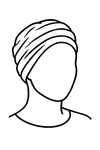
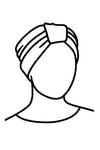

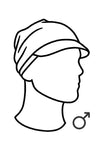
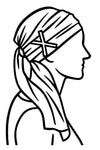
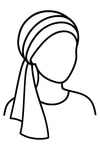
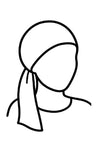
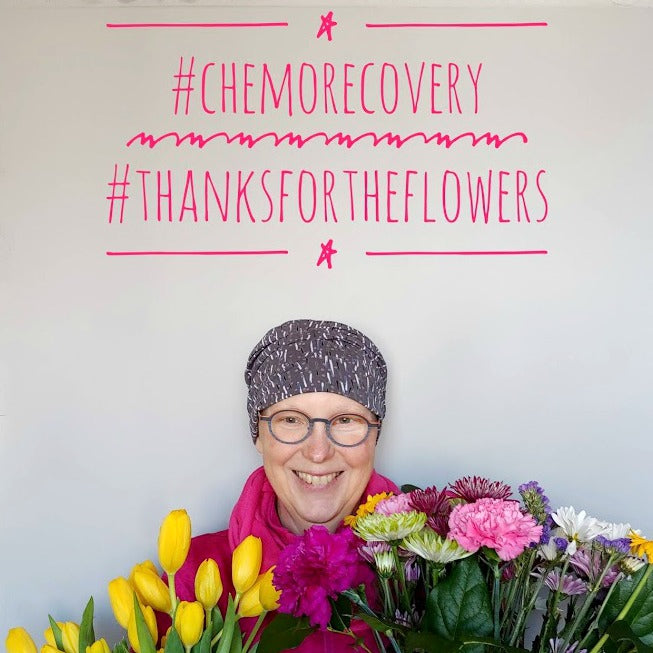
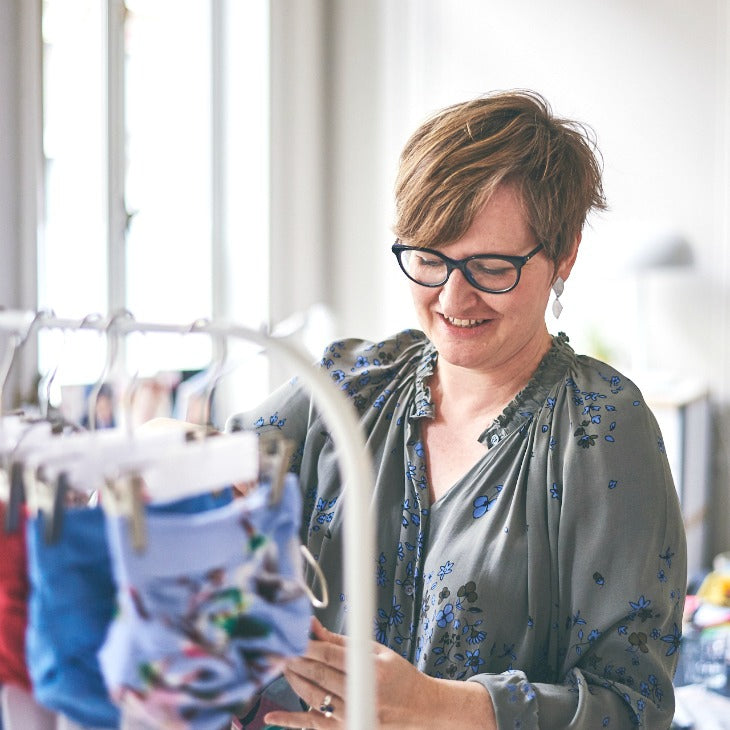
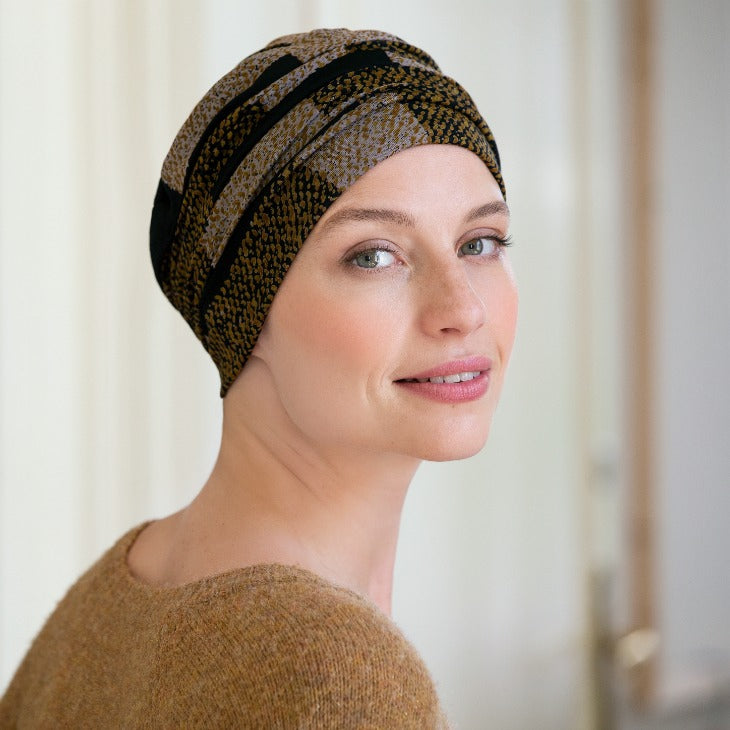
Leave a comment
All comments are moderated before being published.
This site is protected by hCaptcha and the hCaptcha Privacy Policy and Terms of Service apply.